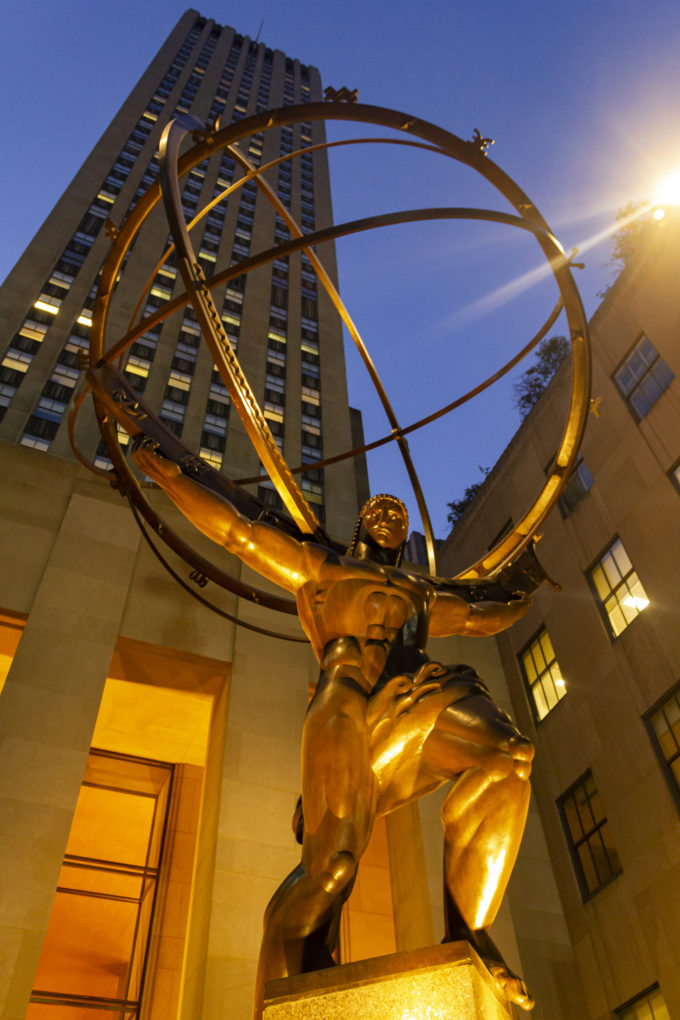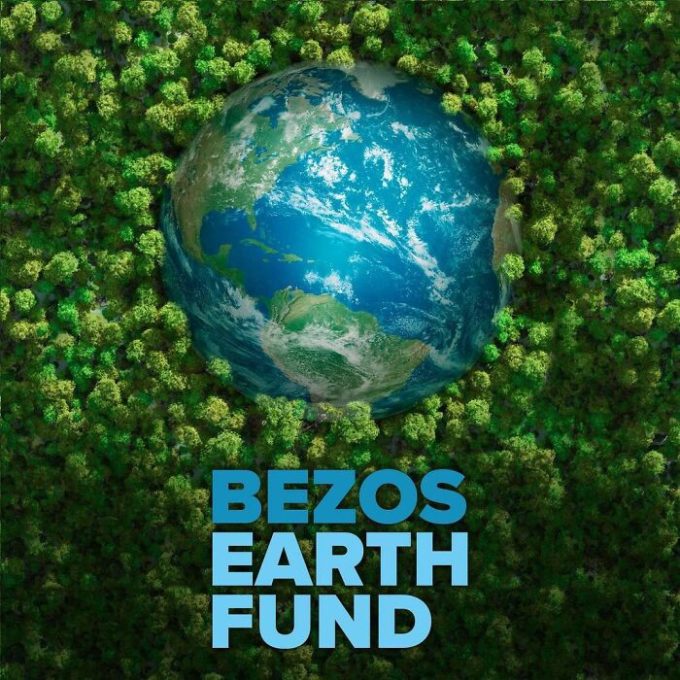The Global Energy Alliance for People and Planet is an innovative move that brings together some of the guiding lights in philanthropy and eight international development finance organizations, including the World Bank, to address a specific need, with a clear strategy and targets, regional expertise, and some serious resources.
If successful, the initiative could provide one billion people with reliable and renewable power, avert four billion tons of carbon emissions, and support more than 150 million jobs over the next decade.
This big umbrella, platform style of philanthropy is not new, but it is indicative of an emerging trend that has seen the field shift towards professionalism, partnerships and pragmatism.
The hope is that, when three giants such as Rockefeller, IKEA and Bezos unite for climate change, greater impact can be achieved through pooled expertise, networks and resources, and that others will follow suit with similar climate-focused initiatives to fill the gap left by governments and the market.
The approach is interesting, with the alliance targeting a specific future pinch point in the race to cut carbon emissions. Countries in the developing world say they cannot catch up in the global economic race without carbon-based energy. While they are responsible for 24% of global CO2 emissions today, this could hit 76% by 2050 without action now.
To play its part in trying to stop this, the alliance will support projects with an initial pot of USD 10 billion to kickstart the adoption of greener solutions in communities where private capital is not flowing quickly enough towards green energy. The premise is that, once the right solutions are found, the private sector will step in with further investment of USD 100 billion to unleash the power of the green economy.

Audio available









